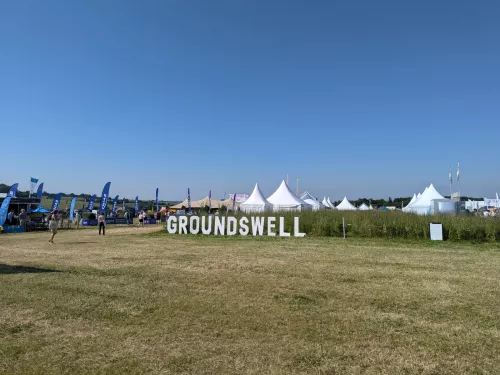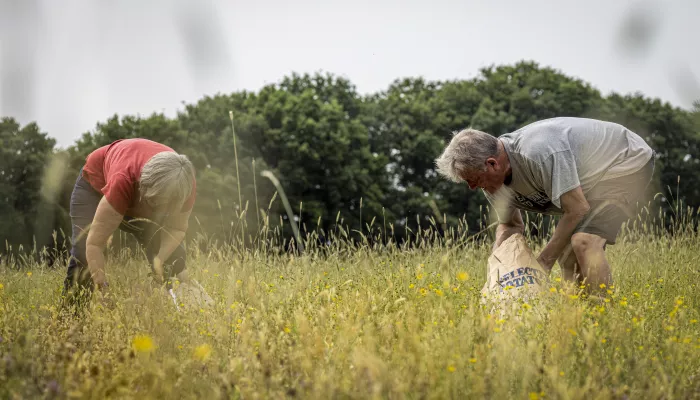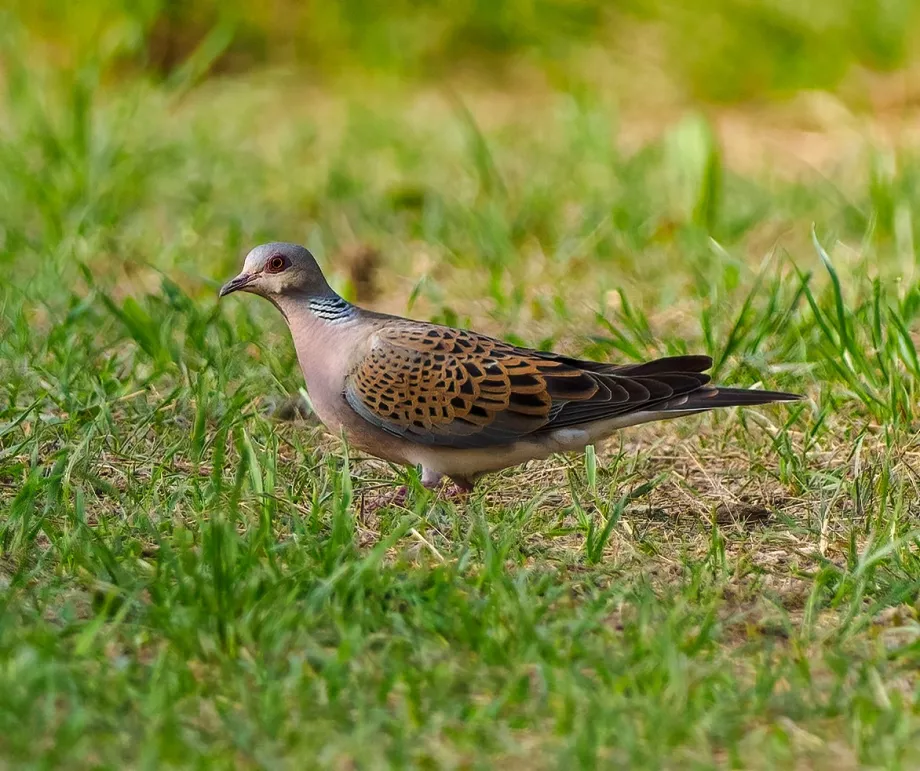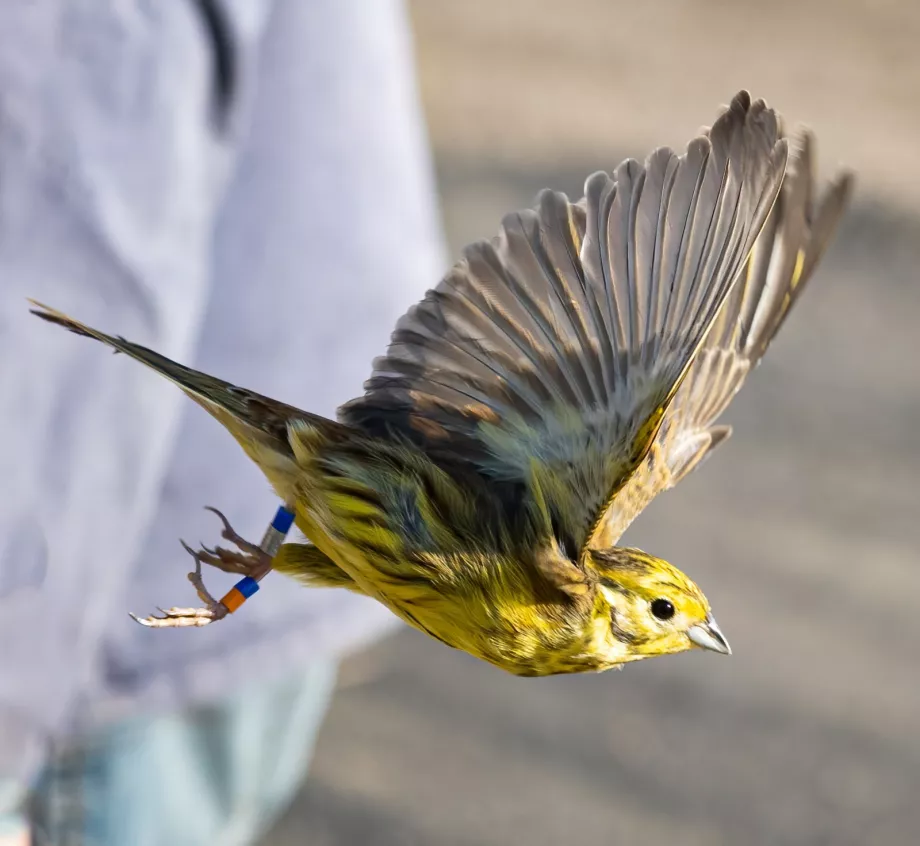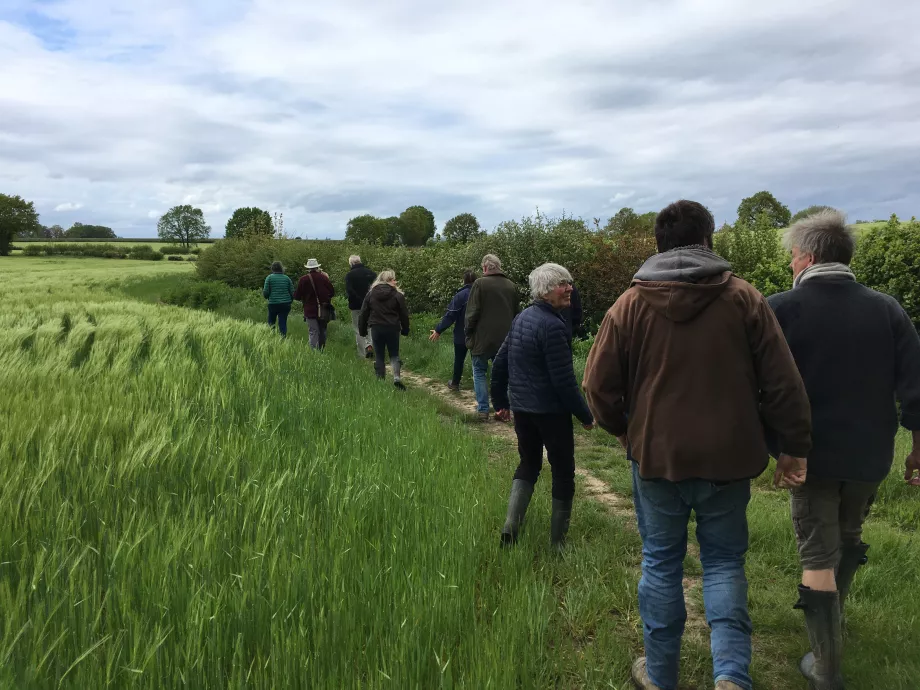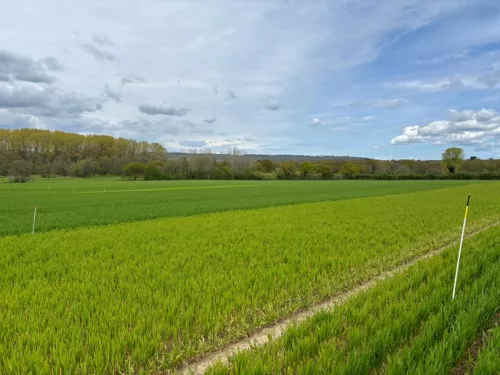It's surprising, too, what both sides learn from each other. Sharing knowledge with farmers about food plants which benefit birds or insects, or when birds most need a helping hand in winter, is matched by learning why farmers must do some things in the way they do – it’s never as straightforward as it looks!
Ultimately, MW members have access to more countryside to enjoy their passion, be it wildflowers, bumblebees, birds, moths or mushrooms, and farmers become more ‘biodiversity aware’. Equally as importantly, farming at a local level is becoming better understood – why this field looks ‘untidy’, and long vegetation around that field is vital for wildlife. Political pronouncements regarding agriculture and food security rarely provide any level of meaningful insight to people who just want to enjoy the countryside. With a Facebook discussion group and explanatory waymarkers linked to our website, Marden Wildlife is filling that gap.
Find out more about the Marden Farmer Cluster here
